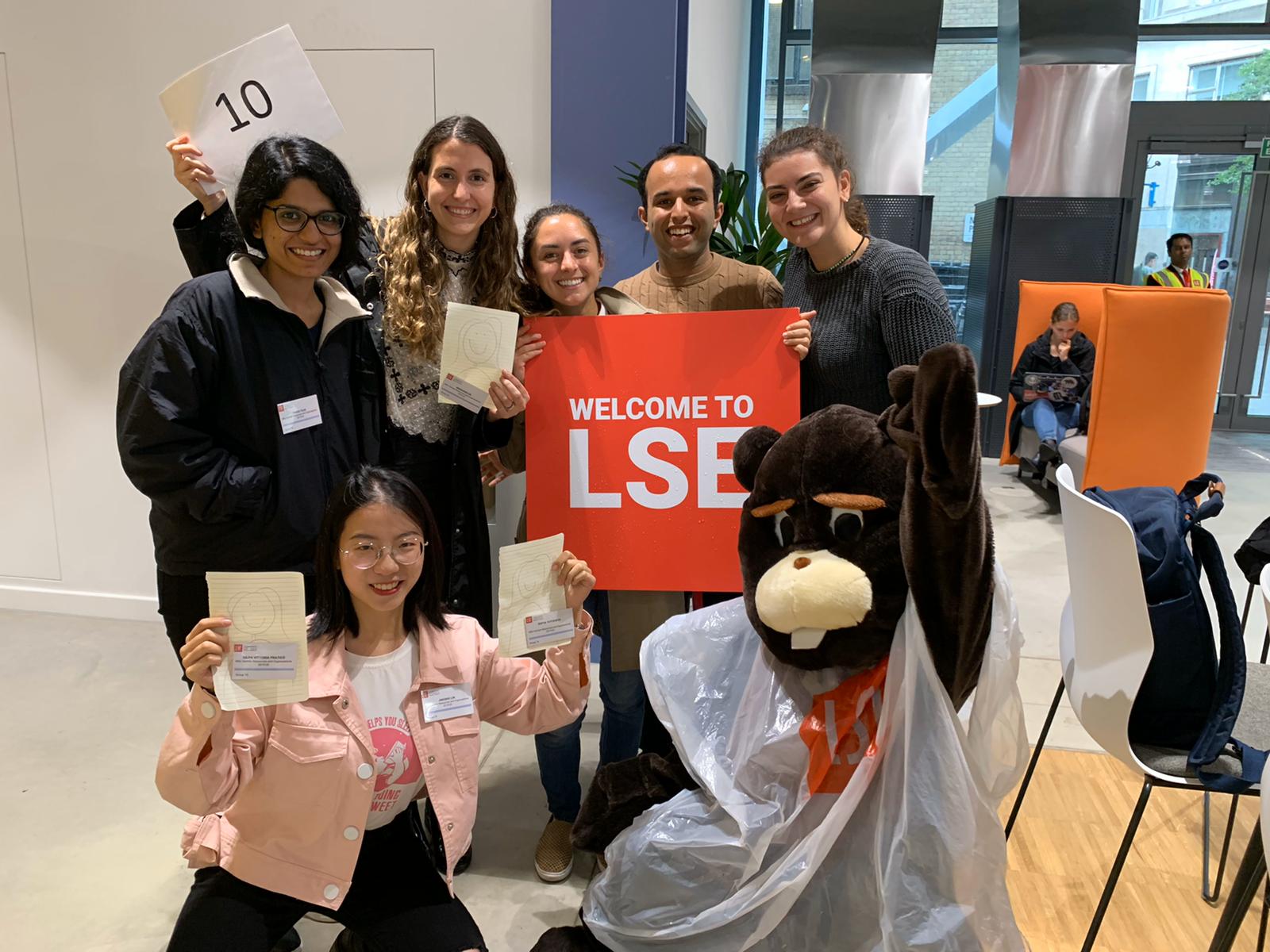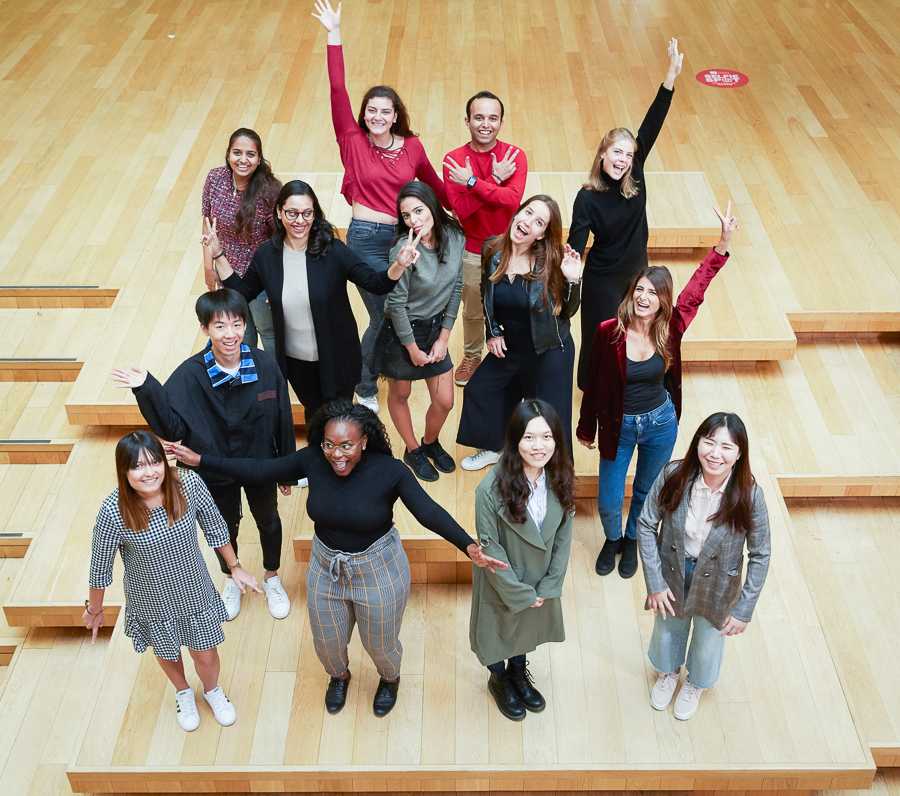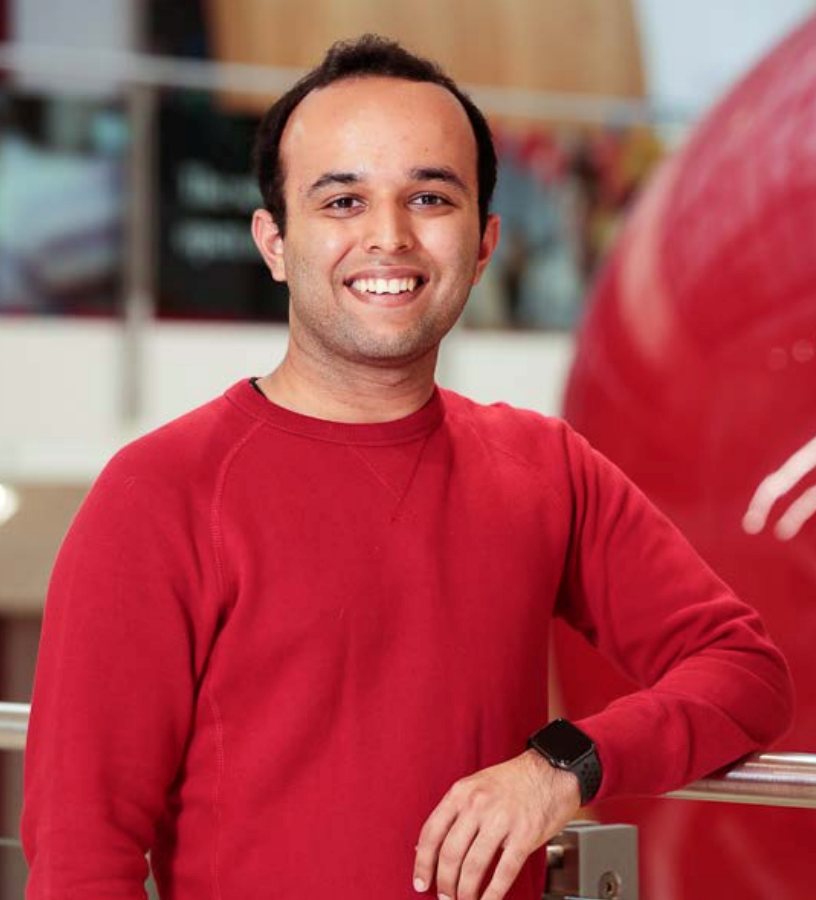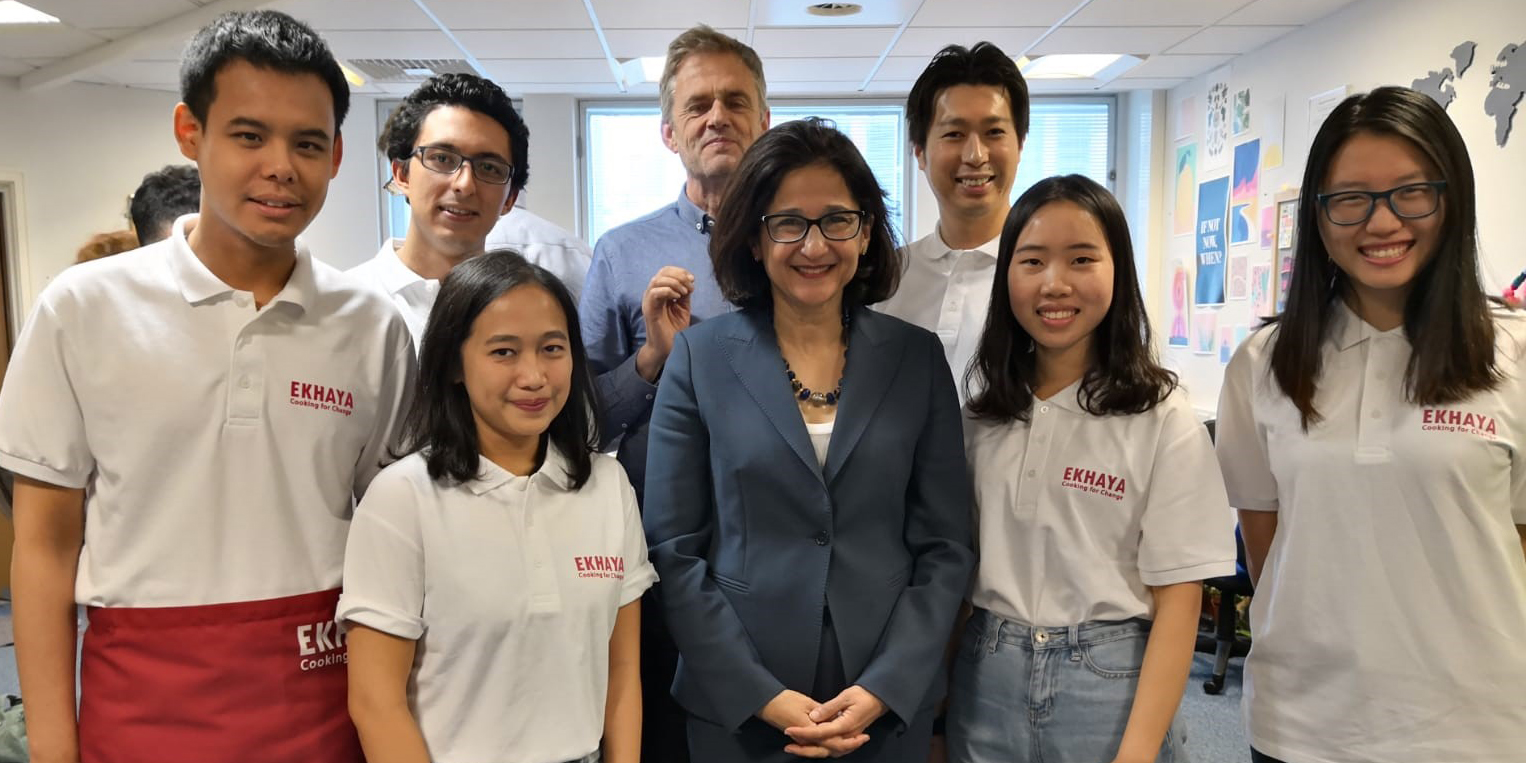Are you considering the Master’s in Human Resources and Organisations here at LSE Management? Still undecided about which stream to choose? MSc students Carola and Havi share their experience and are here to help.
“Broaden your horizons within the field of human resources management”
Planning to apply to the MSc in Human Resources Management and Organisations here at LSE but still undecided about what stream to choose?
Don’t worry, Carola and I (Havi) are here to help!
Only one year ago we were both staring at the computer screen scrolling through the descriptions of the three course options offered by the Department of Management. Fast forward to 2020, we are proud student representatives of the International Employment Relations (IER) stream and we could not be more satisfied with our choice!
Studying IER has significantly broadened our understanding of Human Resources Management and we would love to share our experience with you.
Here are 5 reasons why you should consider studying IER.
1. You are interested in a 360-degree approach to human resources management
Why is it easier for companies to fire workers in the US rather than in Germany?
Should Uber drivers be considered employees or independent contractors?
Is state regulation of employment relations currently desirable?
The discipline of Employment Relations attempts to answer all these questions and more, as it explores the complex interactions between employers and employees, trade unions, employer organisations and governmental agencies in today’s globalised world.
You will learn how to contextualise and think about human resources issues beyond organisational boundaries. The course integrates concepts of politics, economics, law and sociology with notions of management, allowing students to critically analyse current challenges and trends in employment relations.
2. You have a global mindset
Few things are more rewarding than exploring and learning about common patterns across cultures, countries, and markets. The IER stream gives students the opportunity to focus on the key economic regions of the world and compare their differences in the main areas of employment practices.
From the US to Japan, you will gain a clear understanding of the factors that make working life so different across the world.
You will also learn why countries use different approaches to regulate the same internal management practices. The current COVID-19 pandemic constitutes a perfect example, as the responses to this same global issue have widely varied across countries. Check out our article about understanding the COVID-19 crisis through an IER lens.
From the US to Japan, you will gain a clear understanding of the factors that make working life so different across the world.
3. You have a background in social sciences
Economics, Business, International Affairs, Political Science, Geography, Psychology and Law degrees all constitute a good background for the IER stream.
As a former International Affairs undergraduate student, Carola was surprised to discover how much this course helped string together her pre-existing political and economic knowledge and create a more holistic vision of the world.
In my case, I applied for this programme after completing my undergraduate degree in BA Geography from Durham University in 2019. I often get surprised tones every time I mention this academic combination, but trust me, they do complement each other.
IER dynamics help shape the nature and extent of human movement, which constituted one of my key interests during my undergraduate programme.
4. You enjoy highly interactive seminars
The course offers highly interactive seminars, where students from a diverse range of nationalities, experience and expertise are challenged to critically think about the various topics surrounding employment relations.
Fun role-play exercises will help you grasp the complexities of the issues at hand and appreciate the challenges that policy-makers and organisational leaders encounter when dealing with domestic and international employment.
As someone with very minimal previous experience in HR, we promise you, this is not daunting at all!
The opportunity to gain first-hand knowledge of employment systems and practices through your peers’ real-life experiences is one of the most enriching aspects of the course.
5. You want to work in…well, you’ll figure it out!
It may still be too early for you to know what career path you would like to embark upon.
Thankfully, the IER stream provides a plethora of career opportunities, both in the public and private sectors. Career options include;
- HR and employment relations managers
- representatives of government and international organisations such as ILO
- labour court judges and labour lawyers
- labour administration and inspection officials
- consultants
- researchers in the employment relations field
The great alumni networks for the IER stream, including HR professionals from reputable companies such as Amazon, BCG, LinkedIn, etc., will give you the opportunity to hear from some of the most successful practitioners in the field.
Carola and I are both thinking of pursuing a career in HR consulting, and we are confident that the knowledge acquired during the IER course will greatly help us deal with real-world challenges and complex projects.
Overall, this programme taught us a great deal about ourselves, by challenging us to dissect our own beliefs and values.
We hope our experiences inspire you to pursue the field of IER, as a stepping stone towards fulfilling your career goals.
…this programme taught us a great deal about ourselves, by challenging us to dissect our own beliefs and values.
Authors
MSc student in Human Resources and Organisations here at LSE. Accidentally stepped into a bookstore in Amsterdam, bought the book A Job to Love, and now happily pursuing my purpose. Global citizen but Italian at heart. Would never turn down a cup of good coffee.
MSc student in Human Resources and Organizations at LSE. Born in India, but spent most of my childhood in Singapore, Cambodia and Malaysia. Aspiring to create a ‘truly’ diverse and inclusive work culture. An avid musician and sports enthusiast.
Learn more about our MSc Human Resources and Organisations programme









